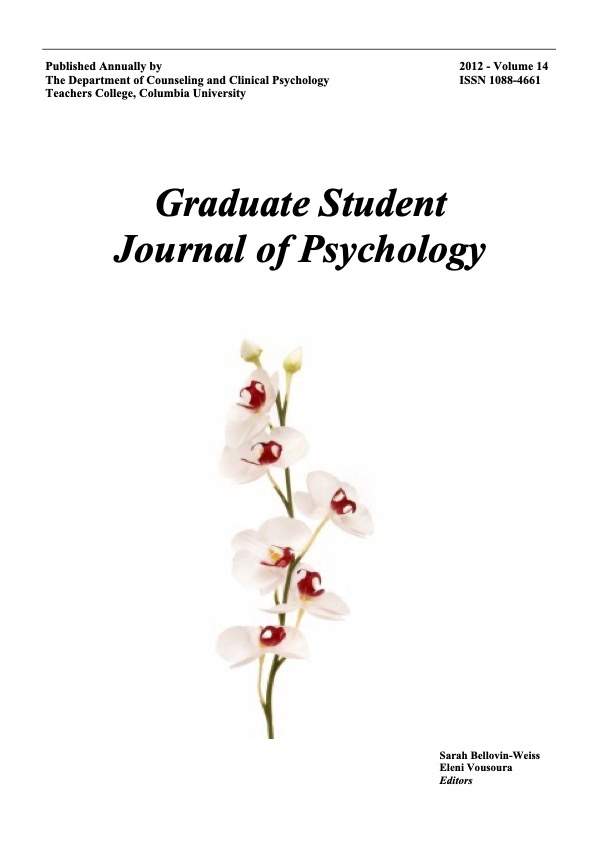Collaborative Problem Solving: Is Empathy the Active Ingredient?
Main Article Content
Abstract
Collaborative Problem Solving (CPS) is a cognitive-behavioral model that has gained popularity in the last decade as a promising treatment option for children with Oppositional Defiant Disordertype (ODD-type) behaviors and aggression. Collaborative Problem Solving aims to help caregivers identify a child’s skill deficits, understand the role of triggers in maladaptive behaviors, and implement a framework for communicating with a child. While multiple studies provide empirical support for the use of CPS in a variety of settings, only one experimental study has been conducted to date that compares CPS to a well-established parent-training program (Barkley’s Behavior Management Program; BBMP). Furthermore, no studies have attempted to identify the mechanisms of change in CPS for ODD-type behaviors and aggression. Based on current literature and clinical experience, the authors hypothesize that the effectiveness of CPS for ODD-type behaviors and aggression across a range of treatment settings is likely due to its focus on empathy. In the current article, the authors develop a conceptual model of empathy as a mechanism of change in CPS for ODD-type behaviors and aggression based on relevant literature on CPS and empathy as well as clinical illustrations. Moreover, the authors present a design to empirically test this hypothesis.
Article Details
Section
Articles

This work is licensed under a Creative Commons Attribution-NonCommercial 4.0 International License.
How to Cite
Ashworth, K., Tapsak, S., & Li, S. T. (2012). Collaborative Problem Solving: Is Empathy the Active Ingredient?. Graduate Student Journal of Psychology, 14, 83–92. https://doi.org/10.52214/gsjp.v14i.10883

